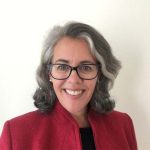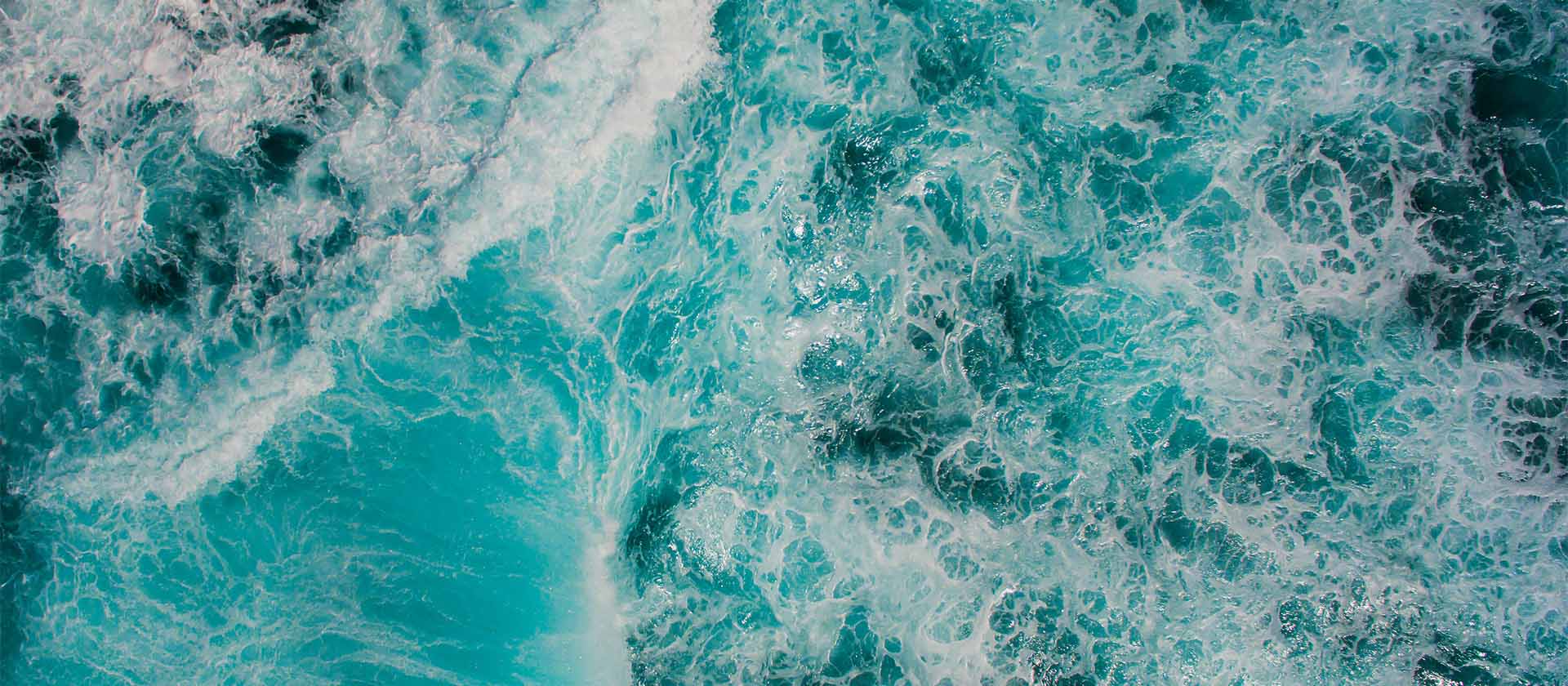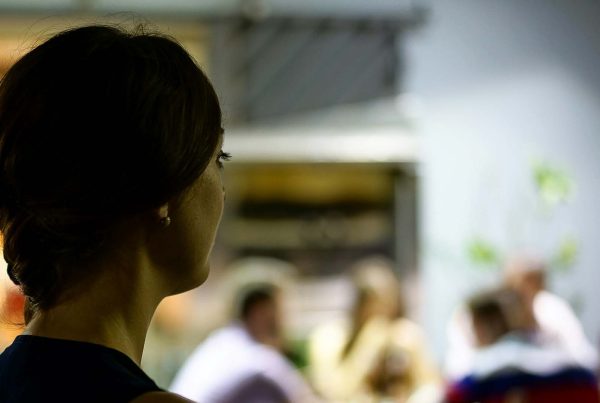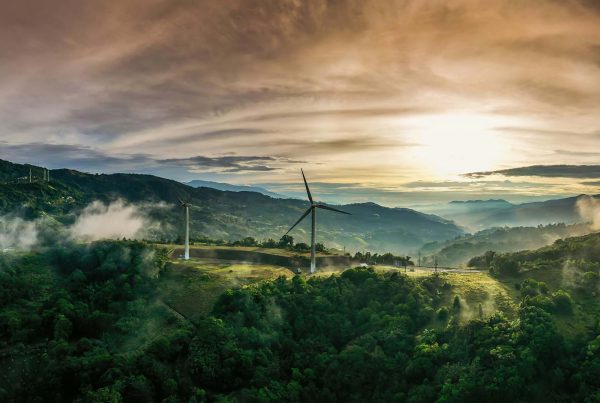“We have always been relevant. We haven’t always been included”
Spoken by an Indigenous man on a panel, these were the first words I heard at the UN Oceans Conference (UNOC 3), held in Nice in June. This was my first oceans conference and I was here to listen, learn and understand. My big take-away is that the power and voice of Indigenous and fishing communities is growing – and it forces all of us to confront how we operate. Here are three reflections.
Getting beyond our own issue silos and facing head-on the realities of real-world implementation.
As professional campaigners we focus on the issues our organisations represent. In some ways that is our strength: focus is how we make gains or, at least, commitments. But it was the eloquence of a fisherman from Brazil who really brought home to me the reality of who holds the tensions of trying to achieve multiple good objectives: “We know marine protection is important. As communities that rely on fishing for our livelihoods this comes at a cost to us. But we do this because it is important. What guides us on this planet is our inseparable relationship with the environment we live in.”
Turning commitments into tangible change means moving beyond our organisational priorities and the measures of success that we are held accountable for. It means working alongside people who are navigating the messiness of implementation decisions that they – whether Presidents or fisher communities – must make. There are two realities we need to face: one is that our specific organisational issues may be priority 2, 4 or 10 in the lives of communities. The second reality is that trade-offs between agendas – many of which would bring great benefit to communities – will happen when there are limited resources. Progress will not always happen the way we envisage in our organisation plans because people and progress are multi-issue. Working with others – whether collaboration or formal coalitions – means investing resource, access and sometimes ceding organisation and issue profile to achieve lasting and large-scale progress. The continual dancing around the “localisation agenda” – despite all the conversations, commitments and especially at a time when funding shortages mean organisations are feeling the pressure to show impact to funders – is a glaring example of the international development sector’s struggle to deliver what community organisations want: significantly more direct funding, and for international organisations to use their access and resources to support community agendas.
Investment in finding consensus IS doing the work.
Time and again I heard from Indigenous people that people need to understand their values and engage with them respectfully and in accordance with their traditions. Very few of us intend to disrespect, but with the words “urgent action” being used continually we often focus on achieving outcomes and delivering progress. As a self-confessed “doer” I have an affinity with “getting on with it.” But UNOC 3 has been an important reminder to me that taking time to deeply understand people’s views, holding the discomfort of it being different to my own thinking, and finding consensus or at very least common ground IS the work. An important reflection came from an Indian oceans expert: “fishing and Indigenous coastal communities see themselves as the ocean. So what is done to the ocean is being done to them.” This level of connection is deeply profound and important for blue economy work. A Filipino fisherwoman talked about how it took 1.5 years for discussions between authorities and communities to create the right collaboration on marine protected areas. The deep and broad coalition campaigning for the ratification of the High Seas Treaty – the focus for this conference – shows what is possible when we work together. But equality in relationships is key.
Local power has national implications and fishing and coastal communities are not to be underestimated.
President Chaves acknowledged the importance of their involvement in his opening speech for a good reason. My favourite green zone area was the Ocean Basecamp, which showcased an incredible range of speakers from communities around the world who are shaping and delivering their vision of ocean health and coastal progress. These communities are challenging major businesses and government where their actions do not align. Fishing communities are doing the work of ocean conservation: a fisherman from Brazil talked about how a young person from his community collected the views of over 100 people and in 2 weeks had developed a coastal adaptation protocol for the community to work towards. They are driving and protecting the local economy: ocean defenders are going to court and facing imprisonment for challenging the negative impacts of industrial shipping and major tourism developments. The passion is visceral and the vision is clear. As a fisherwoman from Indonesia said “If our voices are heard, we can rebuild. We can fish without fear. We can protect our coasts. Our children can access education, clean water, and a future with dignity.” And do not think ambitions stop at the marine protected areas. As an Indigenous woman from Fiji said “we need to go beyond the national boarders, as our marine life lives beyond our national boundaries.” Anyone working on the blue economy is on notice and the fishing and Indigenous community’s presence at COP 30 should be highly anticipated.

Claire Seaward
Claire Seaward is a senior strategist consultant working with organisations to develop and deliver campaigns and advocacy programmes. She comes with 20years experienceworking with Oxfam, WaterAid and climate and development organisations and has worked in countries across Europe, West and East Africa, the Middle East,Southand East Asia.



